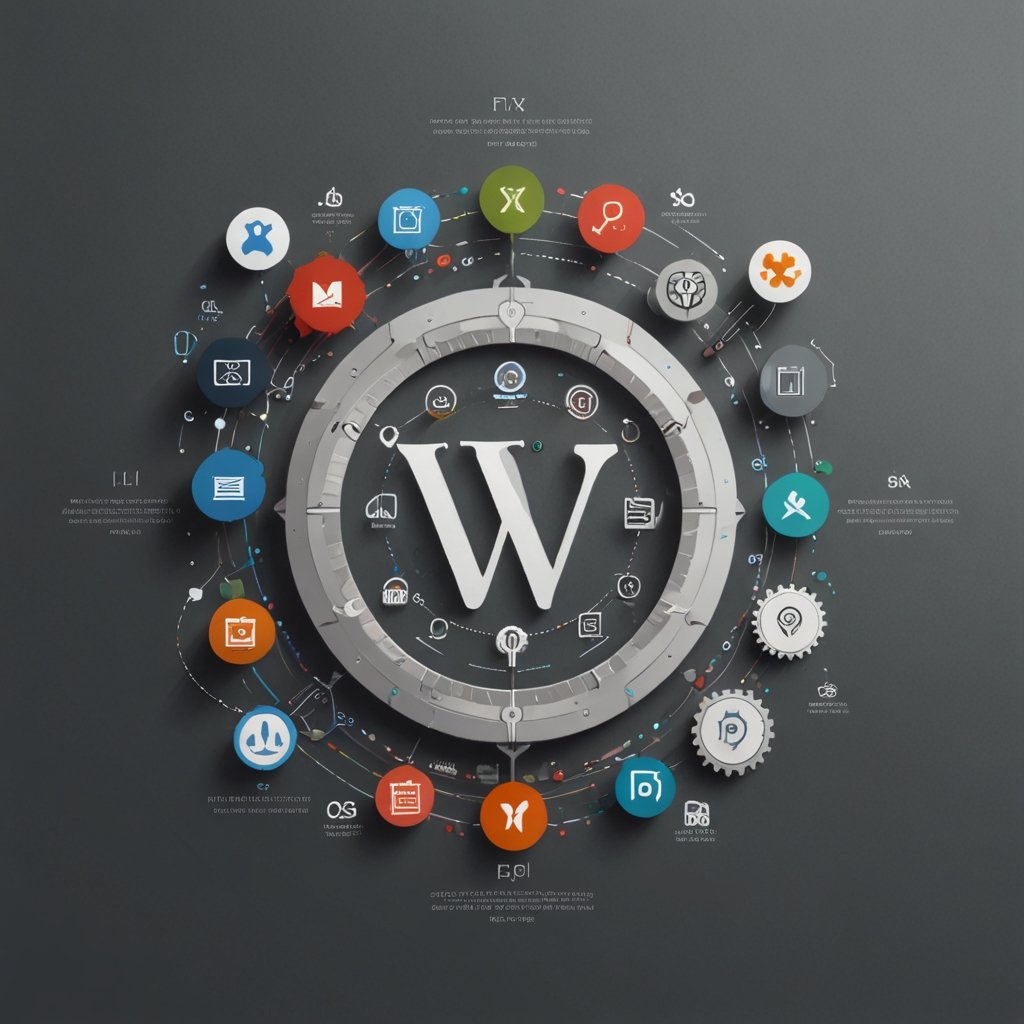Which CMS Fits Your Business? Choosing the Right Platform Made Simple
Your website is often the first impression customers have of your brand. Whether you’re running a small business, managing an e-commerce store, or scaling a large enterprise, the website platform you choose directly affects your success. From ease of use to scalability, the right content management system (CMS) can save you time, reduce costs, and help you grow.
But with so many options available, from website builders like Wix and Squarespace to powerful platforms like WordPress, Shopify, or Drupal, how do you decide which is best for your needs? This guide will break it down, making the process of selecting the perfect CMS for your business simple and strategic.

Why Your Website Platform Matters
Think of your website as the headquarters of your digital presence. Every marketing campaign, social media post, and email funnel drives traffic to it. If your site management system is clunky or limits your ability to grow, you’ll feel the consequences across your entire business. A strong CMS allows you to:
- Easily update and publish content
- Customize design to reflect your brand
- Optimize pages for SEO
- Scale as your business grows
- Manage products, users, and integrations seamlessly
Key Factors to Consider When Choosing a CMS
1. Ease of Use
Not every business has a dedicated web developer on hand. If you want a website builder that allows drag-and-drop design and simple editing, platforms like Wix or Squarespace may be ideal. For those with some technical knowledge, WordPress offers more flexibility with thousands of plugins and themes.
2. Customization and Web Design
Your website should reflect your brand’s personality and values. Some CMS platforms provide extensive web design flexibility, allowing custom coding, while others keep things simple with pre-built templates. Consider how important design freedom is to your overall goals.
3. Site Management and Scalability
A growing business needs a CMS that can grow with it. Platforms like Shopify are perfect for e-commerce scalability, while WordPress can support everything from small blogs to enterprise sites. If your site will expand in features, traffic, or user accounts, choose a CMS built for scalability.
4. SEO and Marketing Features
Search visibility is critical for online success. A CMS with strong SEO capabilities ensures your site is easily found. WordPress, for example, offers plugins like Yoast SEO that simplify optimization. Other platforms also integrate with marketing tools, making it easier to track campaigns and performance.
5. Security and Updates
The last thing any business needs is a security breach. Platforms with regular updates, strong user authentication, and reliable hosting protect your data and your customers. Shopify, for instance, manages security on your behalf, while WordPress requires you to keep plugins and themes updated.
6. Cost and Budget
Every CMS comes with different costs: hosting fees, premium themes, plugins, or transaction fees for e-commerce. Make sure the platform you choose fits your budget not only for now but for long-term growth.
Popular CMS Platforms for Businesses
WordPress
The most widely used CMS, WordPress powers over 40% of websites worldwide. It’s open-source, customizable, and scalable, making it perfect for businesses of all sizes. With thousands of plugins and themes, it supports everything from blogs to large e-commerce stores.
Shopify
If your focus is e-commerce, Shopify is a leading choice. It’s easy to use, fully hosted, and designed for online stores. Features like product management, payment gateways, and marketing integrations make it ideal for businesses that sell online.
Wix and Squarespace
These website builders are excellent for small businesses and entrepreneurs who want a quick, visually appealing site with minimal technical effort. They offer drag-and-drop tools, built-in hosting, and stylish templates.
Drupal
Best for large enterprises and organizations with complex site management needs, Drupal offers advanced security, scalability, and customization. However, it requires a skilled development team to manage effectively.
Making the Right Choice: A Simple Framework
- Identify your goals – Do you need a blog, a portfolio, an e-commerce store, or a corporate site?
- Evaluate your technical skills – Will you manage the site yourself or hire professionals?
- Plan for growth – Choose a CMS that supports future expansion.
- Consider design flexibility – Decide whether you want templates or full customization.
- Balance cost vs. value – Factor in not just the upfront price but long-term expenses.
By matching these considerations with your business priorities, you’ll find the website platform that aligns with your marketing strategy and growth goals.
Conclusion: Your CMS Is the Foundation of Your Digital Success
Your website is more than just a collection of pages — it’s the centerpiece of your brand’s digital identity. The right content management system makes publishing easy, enhances your web design, and simplifies site management so you can focus on growth.
Whether you choose a flexible giant like WordPress, an e-commerce powerhouse like Shopify, or a user-friendly website builder like Wix, your decision should always align with your business goals.
👉 Ready to build a website that drives growth and delivers results? Contact us to discover the best CMS platform for your business.
